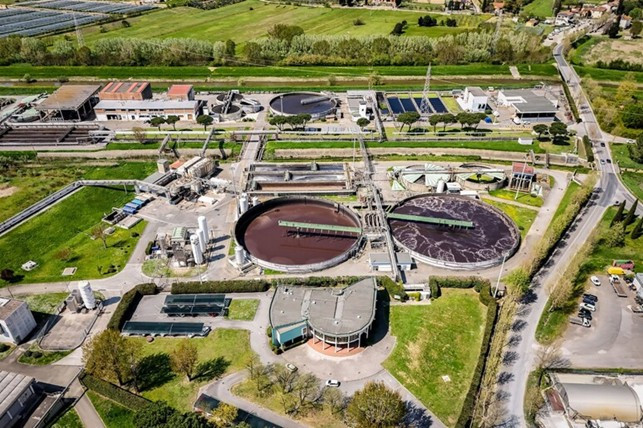
2025: a turning point for Italian digital commerce
According to Netcomm, the past year has led to radical changes in Italian trade, which will inevitably impact 2026 and beyond.
Keep reading...
June 2025

The system will prevent accidents, reduce consumption and environmental impact
Wastewater treatment can also benefit from artificial intelligence. On June 18, a project curated by Consorzio Aquarno, in collaboration with Data Brain Services, was unveiled that aims to prevent accidents at work and prevent the release of pollutants into the environment through the use of AI-based predictive systems.
The project initiated by the Aquarno Consortium in Santa Croce sull’Arno (Pisa), in the heart of the tanning district, also aims to reduce electricity consumption (by up to 25 percent) and environmental impact through greater control of the biological purification process and extreme events such as flooding.
The entire system, the first of its kind, is expected to become fully operational by July 2025. The plant operated by Aquarno treats urban and industrial wastewater for more than two million inhabitants from four municipalities and hundreds of tanning companies: it receives wastewater with high concentrations of sulfides, salts and recalcitrant substances. The adopted system integrates readings from more than 60 sensors (flow rate, pH, salinity, dissolved oxygen, temperature, organic load), along with more than 250 analytical parameters that are analyzed daily at the laboratory, and processes them with machine learning models that can predict scenarios, flag anomalies, and support operator decisions in choices ranging from the use of compressors for oxygenation to the adjustment of chemical reagents and stormwater management.

According to Netcomm, the past year has led to radical changes in Italian trade, which will inevitably impact 2026 and beyond.
Keep reading...
Data from the Confindustria Fashion Accessories Study Centre for Assopellettieri show negative figures for the third quarter of 2025 as well, albeit with a slight improvement compared to the beginning of the year, which will hopefully turn into a recovery in 2026.
Keep reading...
The new frontier of sustainable footwear combines technological innovation and respect for the environment, transforming paper and wood waste into luxury accessories and circular sneakers.
Keep reading...You must login to read this free content
This content requires a subscription to view. Are you already a subscriber? Sign in